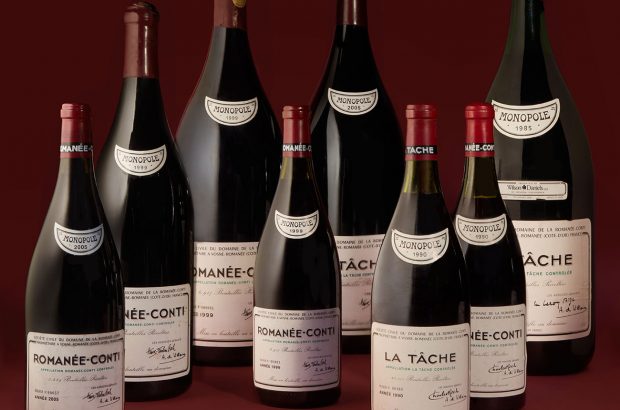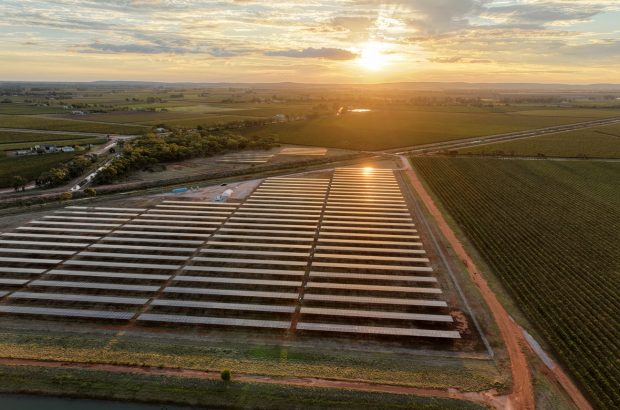The ice wine harvest worldwide is under serious threat from the unseasonally balmy weather.
This year in Germany, where naturally frozen grapes rich in sugar were first discovered in the late 1700s, temperatures have remained resolutely above freezing – many degrees higher than the minimum needed to make eiswein.
‘It just did not get cold enough,’ Ernst Büscher of the German Wine Institute told decanter.com.
‘Normally to make ice wine, you need a legal minimum of -7 degrees Celsius, but tomorrow they are forecasting 15 degrees.’ This followed warm months in November and December, when temperatures never dipped below zero.
Büscher compared the remaining grapes on the vines to food in a broken refrigerator.
All hope is lost, he said, except perhaps for some producers in the eastern state of Saxony, not far from Berlin. ‘Not since 1982 have we seen winter weather like this,’ he said.
Celebrated producer Robert Weil in the Rheingau will not make ice wine. ‘We really have little hope,’ domain representative Jochen Becker-Köhn said. ‘We had to wait until 14 January last year, but this year there is no chance.’
No German producers depend only on ice wine to stay in business – out of 600,000 bottles at Robert Weil, only 600 are typically ice wine. But a warming trend could result in even less than that in future years.
In the Northeast United States and parts of Canada, ice wine makers are in ‘dire straits because of this winter’s mild weather, and some fear there will be no product at all if January doesn’t bring icy temperatures,’ the Associated Press said.
‘We can’t pick them and then freeze them,’ Bob Mazza, owner and president of Mazza Vineyards in Northeast Pennsylvania said. ‘If we don’t produce anything this year, we won’t have anything to sell next year.’
More optimistically, the western Canadian province of British Columbia enjoyed an ‘excellent’ ice wine harvest this year. ‘We had an entire week to harvest the frozen grapes in late November,’ Leo Gebert, owner of the St. Hubertus Winery said. ‘Typically temperatures dip low enough for just one day or two, but this year, even those who slept in had a second chance.’
But Gebert’s brother and co-owner Andy cautioned that global warming is still affecting the Okanagan region where his and other wineries – including the famous Inniskillin – are based.
‘This year was in some ways an old style winter, but generally we have seen ice wine harvests occurring later and later in the year. Birds stay up here longer before flying south.
‘When we first came, if anyone who suggested planting Bordeaux varieties you’d think they were mad. Now there are even Pinot Noir plantings.’
Written by Panos Kakaviatos




